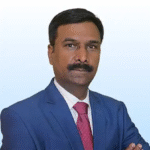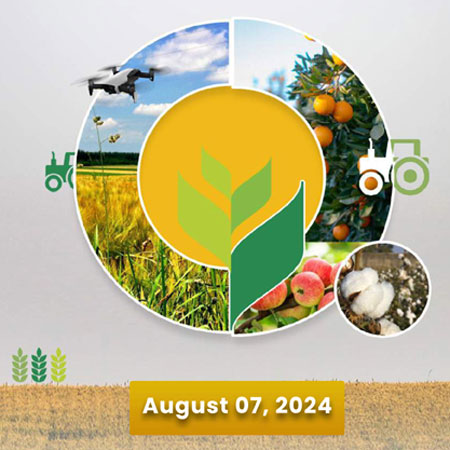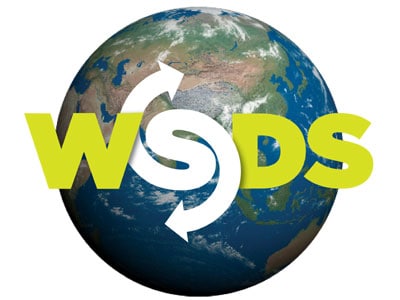
The recent executive order by U.S. President Donald Trump to eliminate government Diversity, Equity, and Inclusion (DEI) programs exposes a deep contradiction in how merit is understood and applied. Ironically, this order comes from a president whose wealth and influence are inherited. If DEI programs are deemed “unmeritocratic” because they seek to create equitable access to opportunities, then what does that say about inherited privilege?
Contrary to the rhetoric, opposition to DEI initiatives is not about defending meritocracy – it is about protecting the social system where power and privilege are built primarily on inherited privilege and wealth. DEI initiatives scare some, as they have the power to shake up a deeply unmeritocratic system of inherited power.
What is merit anyway? Is knowledge and comprehension of fluent English, as tested by India’s Common Admission Test (CAT), merit? Or does the ability to excel in standardised tests after years of coaching for them make a person meritorious? When parents use their networks to give their children access to plush internships, is that meritorious enough? Suppose a person showcases remarkable grit to break systematic barriers and become a pioneer in their historically marginalised family and community and a source of inspiration. Why is that not meritorious enough? Why is inheritance not unmeritorious? We have strange ideas of merit in society, often dictated by those with wealth and power. Do we need to ask people born with a silver spoon or a historically privileged community to tell us what merit means?
DEI initiatives are necessary for equality of opportunity in a highly unequal world, where systemic barriers stop people from certain identity groups in every stage of their lives, from access to education to work and business opportunities. As a result, some groups, like business owners from stigmatised groups, earn as little as 16% (all else being equal) because of diffused institutional stigma (e.g., Raj, Roulet and Bapuji, PLOS One, 2024).
But there is more than a moral reason why we need diversity and inclusion in our workplaces. Homogenous workplaces can be risky places of work, as such places can be insulated bubbles disconnected from the externalities of their actions. Diversity ensures diverse perspectives and voices. And it is these diverse perspectives that can help us see potential crises before they occur, making us secure and protected. The most vulnerable – atypical – populations experience economic shocks, climate disasters, and technological disruptions first. We need DEI initiatives to ensure diverse and atypical perspectives – especially from the most vulnerable and marginalised are included.
Leadership that does not engage with the realities of the people on the ground is also fragile. Good resilient organisations, like the Tatas, actively champion diversity and inclusion initiatives, as the long-term success of their myriad business depends ultimately on the goodwill of the communities around them. Consider the vision of Jamsetji Tata for Jamshedpur, where he explicitly directed his son to build a city that cared for their workers and their families and had a place for people from all religious communities. Such a vision ensured that the Tatas not only built an inclusive city but also pioneered initiatives, like the 8-hour workday and health insurance, throughout their long history that protected the most vulnerable members of their workforce. The Tata brand could not be as trusted as it is without putting its stakeholders at the centre.
Few businesses have embraced DNI initiatives, such as Apple, valued at over three trillion US dollars. Apple employees with special needs have contributed not just to making Apple products more accessible for them but also for all users. Apple products are used by hundreds of millions of users from various socioeconomic backgrounds and geographies. Without diversity in their workplace, Apple’s designs could never be relatable and accessible to all. This is what Apple’s CEO, Tim Cook – who is among the most high-profile gay CEOs in the world – has to say about his own identity shapes his ability to work: “So let me be clear: I’m proud to be gay, and I consider being gay among the greatest gifts God has given me. Being gay has given me a deeper understanding of what it means to be in the minority and provided a window into the challenges that people in other minority groups deal with every day. It’s made me more empathetic, which has led to a richer life. It’s been tough and uncomfortable at times, but it has given me the confidence to be myself, to follow my own path, and to rise above adversity and bigotry. It’s also given me the skin of a rhinoceros, which comes in handy when you’re the CEO of Apple.”
By embracing diversity, businesses like Apple and Tata become highly resilient in the long run, as they excel naturally at atypical testing – historically, it is not regulators or executives who uncover the biggest risks—it is those who live at the margins: factory workers exposed to toxic chemicals, indigenous communities witnessing deforestation, or women facing unsafe workplaces see the problem before the system does. By listening to them, through atypical testing, diverse organisations make better products.
Inclusion is a safety mechanism. By embedding diversity into research, product development, and testing, we can detect externalities before they become disasters. In India, this means involving marginalised communities in urban planning, giving informal workers a say in labour policies, and making environmental justice a core business strategy.
The attack on DEI is not an attack on inefficiency or discrimination—it is an attack on change itself. It is a desperate attempt by entrenched elites to hold onto privilege, even at the cost of progress.











